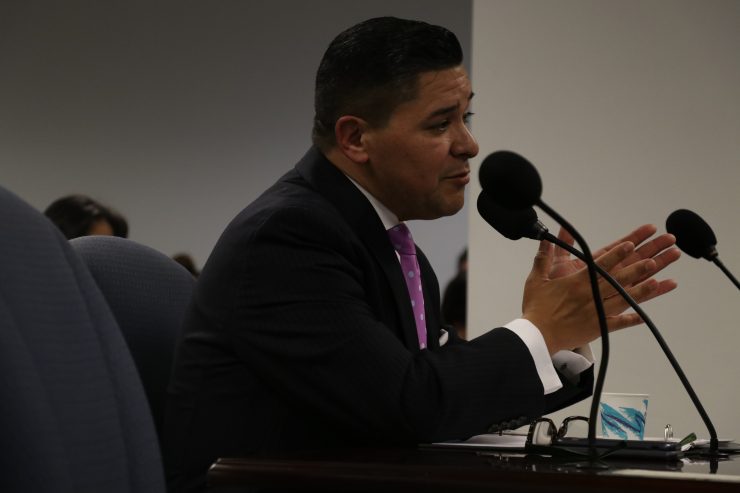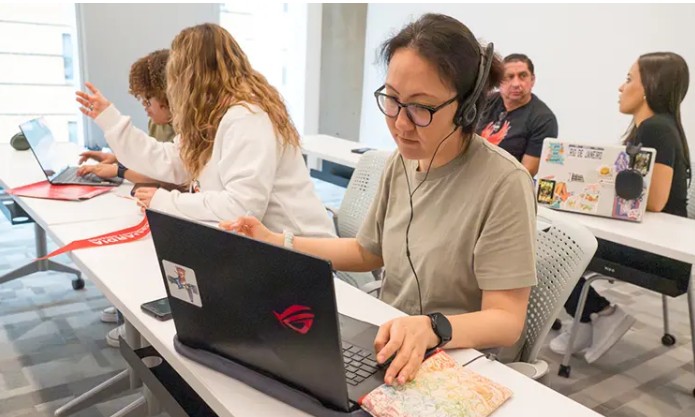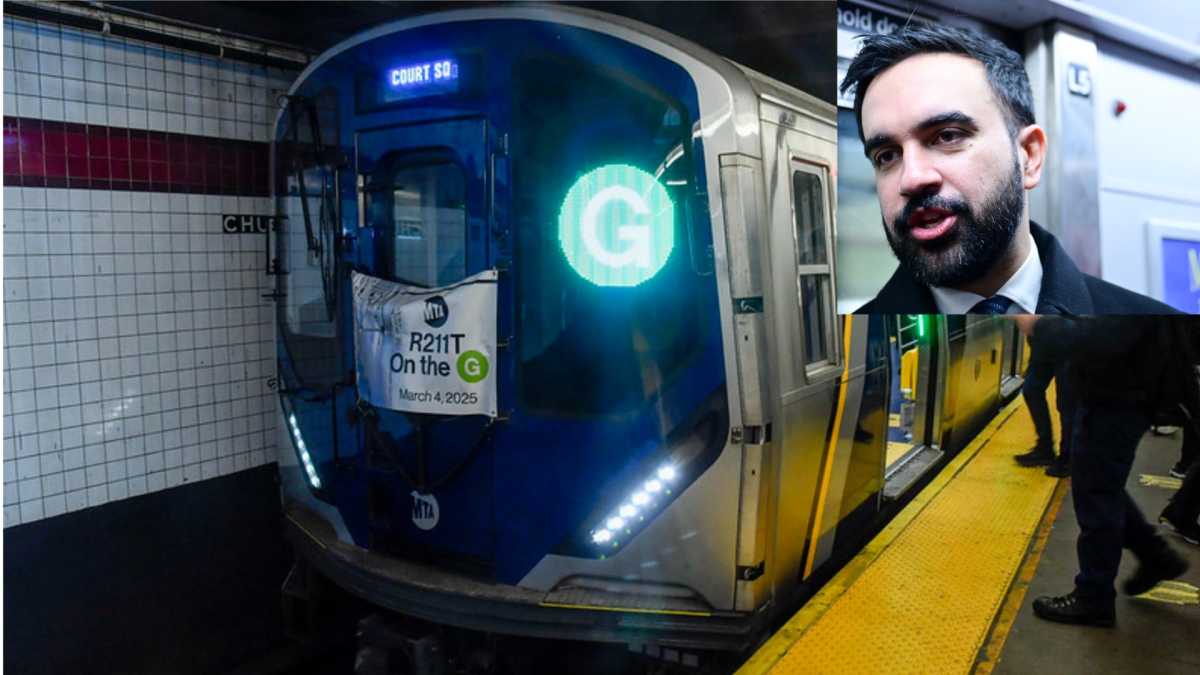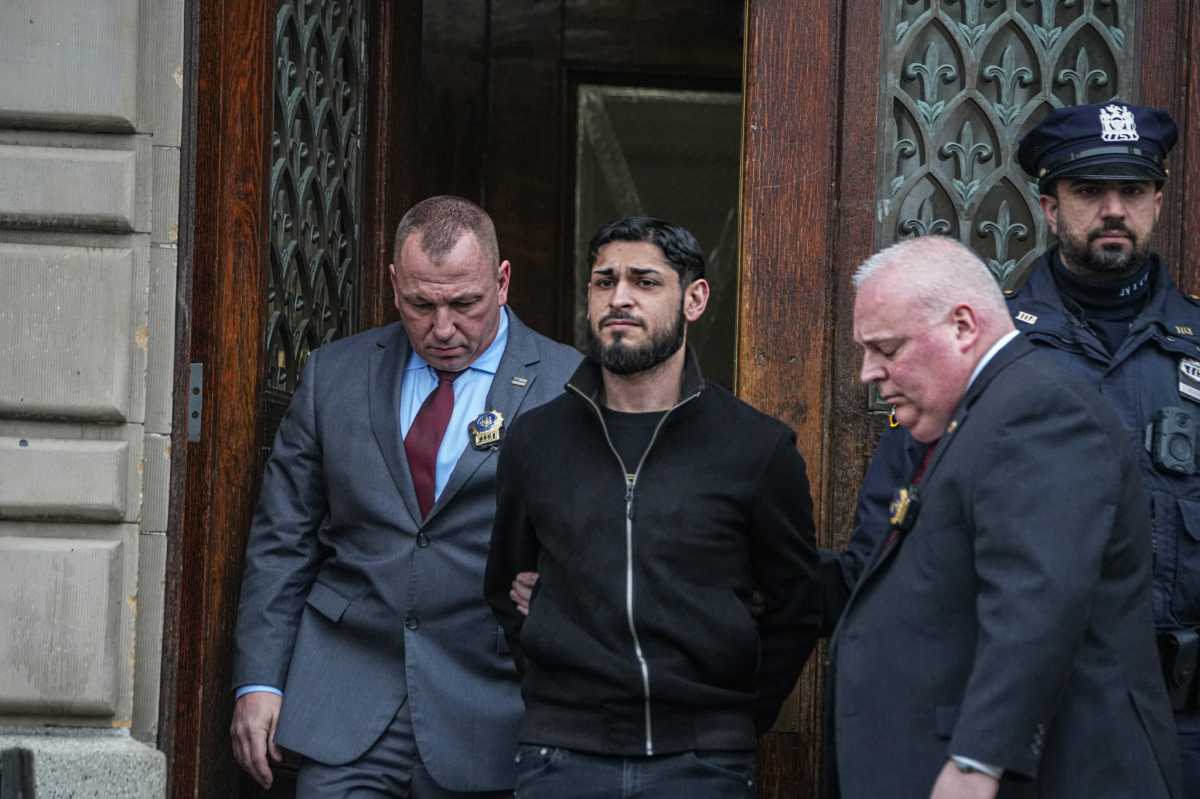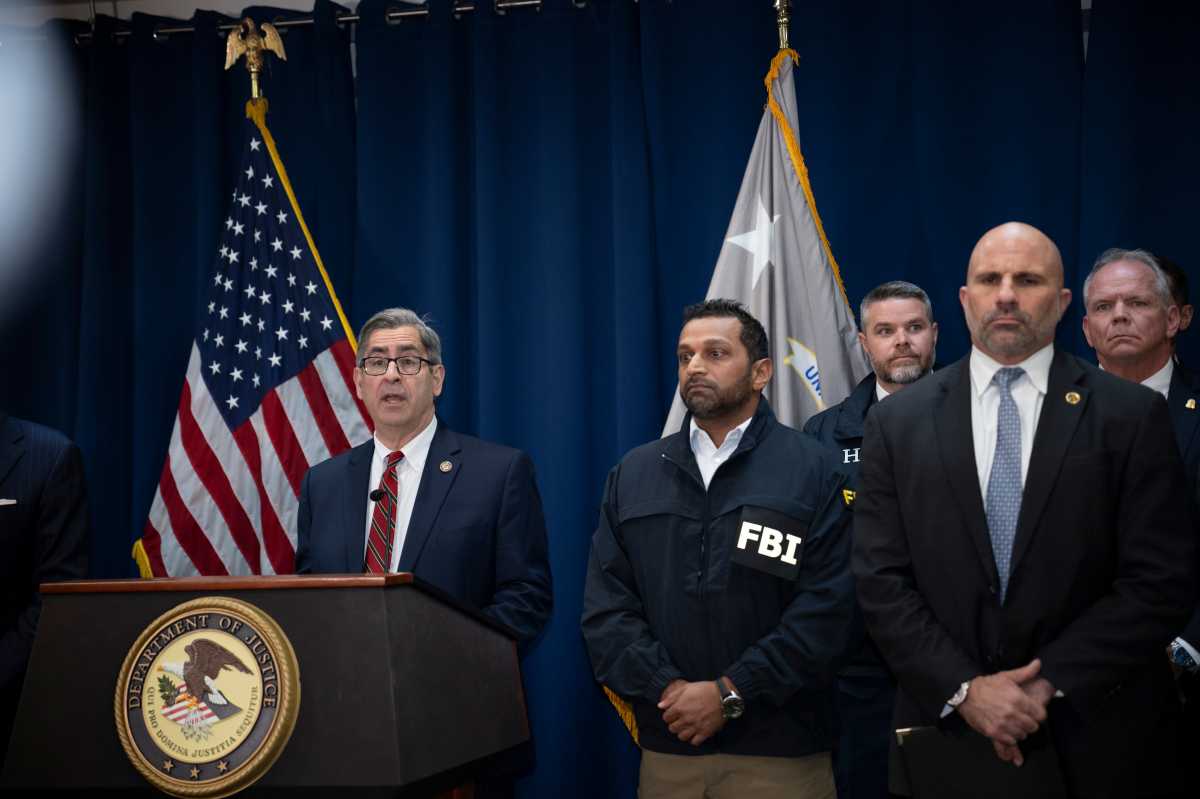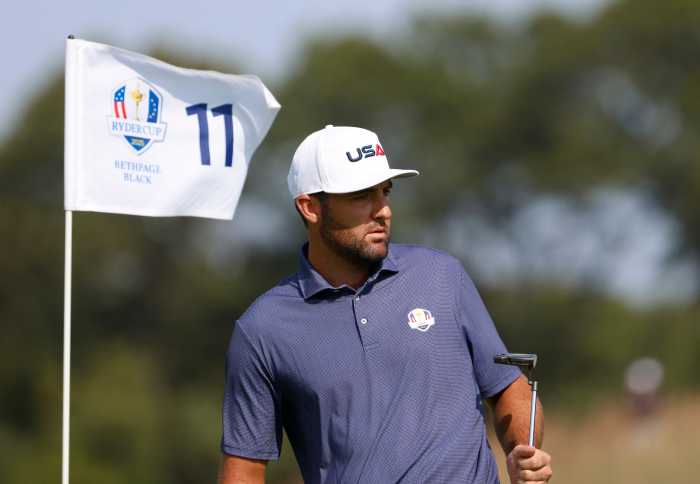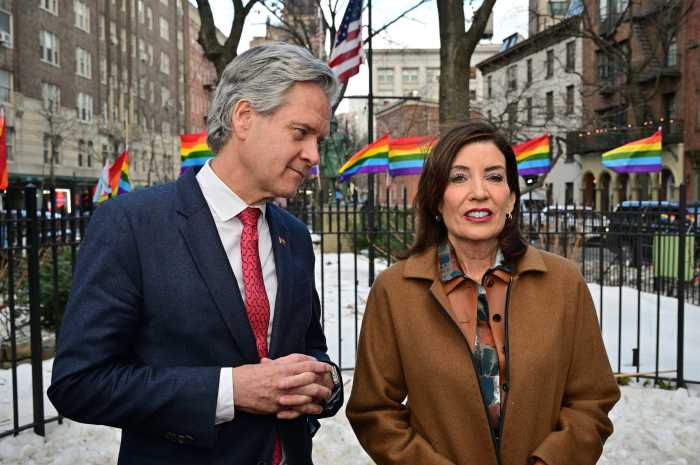Schools Chancellor Richard Carranza advocated on Monday for mayoral control of the city’s public schools, calling it “the best system to drive success” for students.
He made the remarks during a state Assembly education committee hearing that was the first in a series of public forums to be held throughout the city to determine the effectiveness of mayoral control.
Earlier this year, the state legislature approved extending mayoral control of the New York City public school system for another three years (June 20, 2022). Legislators also added more members to Community Education Councils, the cities advisory education policy committees that vote on school closures, contracts, approving zoning lines and changes in district building use.
Starting next July, the number of members of each CEC will jump from 13 to 15. One of the additional members is a second parent representative, and the another will be mayoral appointee.
“Mayoral accountability means accountability,” said Carranza. Mayoral control, for Carranza, means that it is easier for the DOE to work with other city agencies and bring about more effect change. He said it also allows for better implement the Equity and Excellence for All agenda, forces he and Mayor de Blasio to be held accountable for student success and allows for more parent empowerment.
“Our success depends on a strong trusting relationship with the families of our students,” said Carranza. “That’s why the mayor and I have been working diligently to build and strengthen bridges between parents much more efficiently and effectively than what would have been possible under other government structures.”
But critics, including advocates and parents, of mayoral control do not believe that there is enough parental involvement and the Panel for Educational Policy (PEP), which consists of 13 Chancellor appointed members, are just rubber stamps for the Chancellor and Mayor’s agendas.
One person testifying at the hearing mentioned that although PEP meetings are meant to provide parents the opportunity to express concerns directly to the Chancellor, it is not guarantee that he will attend. The Chancellor was absent from last month’s PEP meeting at Long Island City High School.
Despite the rounding endorsement for mayoral control, some state Assembly members pushed back against the notion that it is actually the best system.
Assemblyman Harvey Epstein expressed concern about the massive bureaucracy that is the Department of Education, and suggested that a school board system could be easier for parents to navigate.
“There could be opportunities in a different system that allow for much more parent engagement and to elevate a parent voice,” said Epstein. He added that parents often do not attend CEC meetings because of the belief that at CEC’s their voices don’t matter.
“You used the term mayoral accountability over a dozen times, but I am really concerned about the lack of accountability particularly when it comes to the money that we as legislators are putting in the budget that goes to New York City,” Assemblywoman Nicole Malliotakis told Carranza. She mentioned the Mayor’s failed $773 million Renewal program meant to help the cities struggling schools.
Malliotakis also questioned other expenses like the $750 million in school lunch contracts, and a lack of compliance in executive travel. In 2018, the comptroller’s office found that 93 percent of executive travel expenses did not comply with the department’s Standard Operating Procedures Manual.
This story first appeared on amny.com.

